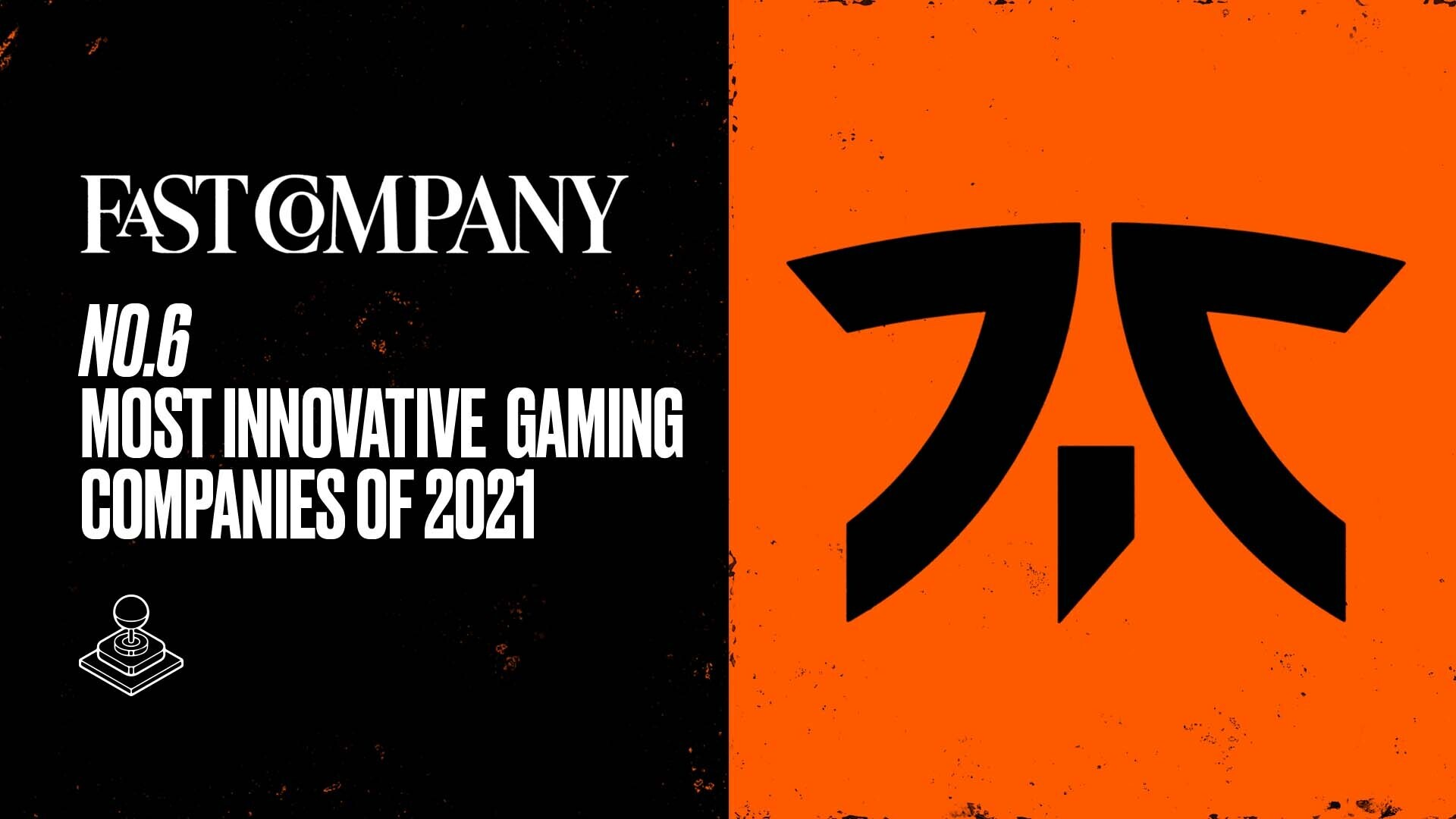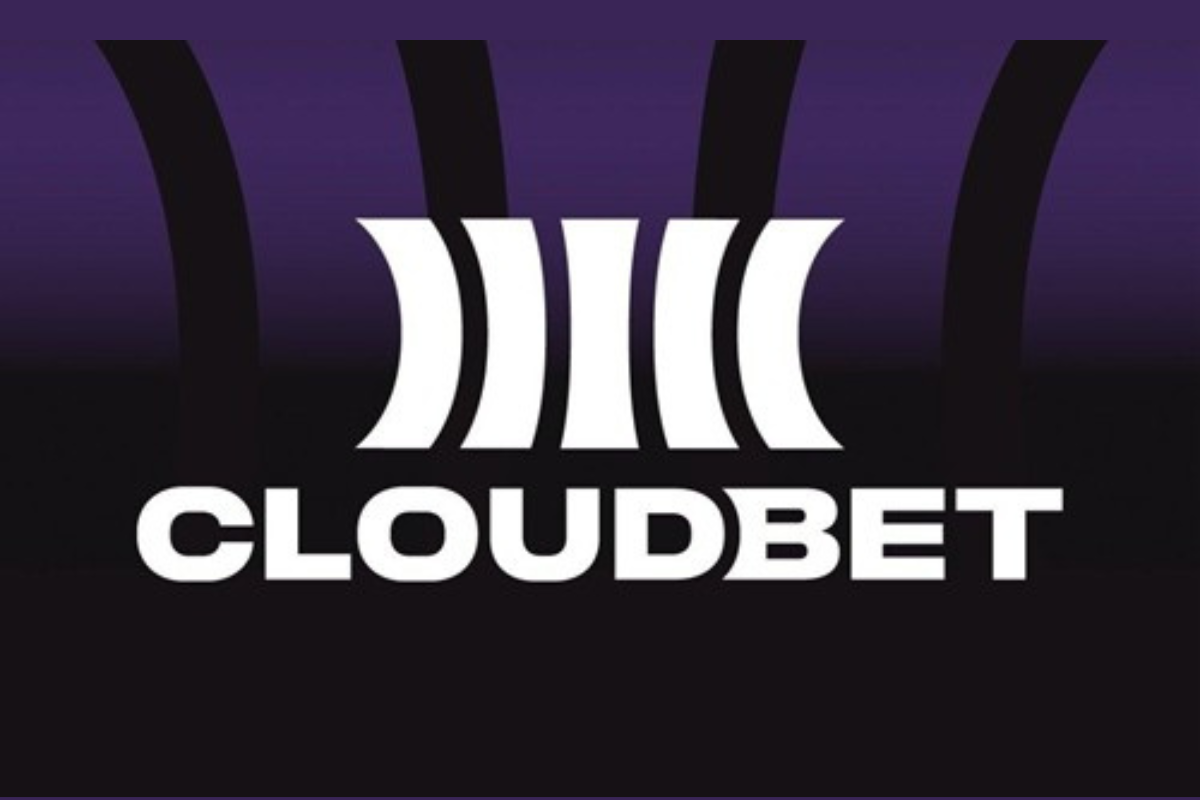Latest News
Fast Company ranks Fnatic in the most innovative gaming firms

Every generation of video-game consoles ushers in faster, more realistic titles. This year’s releases by Sony and Microsoft continue that trend. The PS5 and the Xbox Series X deliver unprecedented levels of realism, with graphics processors that simulate shimmering reflections on puddles, controller vibrations that evoke the feeling of running through sand, and game worlds that are as large and detailed as actual cities. But games didn’t simply become more lifelike in 2020. They also became more intertwined with our everyday lives. In the year where everyone sheltered at home, escapism was accessible to more kinds of people than ever, whether you dreamt of the fashion runways in Paris, a quiet pastoral island life, or literal escape (from Zombies, aliens, enemy soldiers, the list goes on). And gaming companies further worked their way into pop culture, from sports to fashion to movies.
1. MICROSOFT
For subscribing to an anywhere, anytime gaming lifestyle
Microsoft is increasingly becoming the everyman’s gaming system. The company aims to empower Xbox fans to play any game, on any device, anywhere, anytime. In the past year, the software giant didn’t just launch its next-generation console, the Xbox Series X, it upgraded infrastructure, introduced new services, and made a sizable acquisition to bring its vision of gaming ubiquity closer to reality. Games on the Xbox Series X load faster than ever thanks to a screaming-fast solid state drive. Subscribers to Game Pass, Microsoft’s “Netflix for Games,” can now play over 100 Xbox games from any Android-powered mobile phone or tablet by tapping into the company’s xCloud streaming service. A feature called Smart Delivery upgrades games automatically and installs them on the owner’s new console—ready to resume play at the moment a player left off. In September, the company announced they paid $7.5 billion to acquire Zenimax Media, bringing games franchises like Elder Scrolls, Fallout, and Doom in house. For more on why Microsoft is a 2021 Most Innovative Company, click here.
2. SONY INTERACTIVE ENTERTAINMENT
For leveling up yet again
Long the gaming industry’s paragon of polish and ingenuity, Sony’s gaming division burnished its reputation with new hardware and software in 2020 that built on what games can do—and who can play them. Its next generation console, the PlayStation 5, employs top-notch graphics processors that enhance how the game looks, its new controller employs haptic technology that changes how the game feels—making it possible for players to distinguish between the touch of a sandy surface versus a shiny metallic one. Games like Last of Us Part II, developed by Sony subsidiary Naughty Dog, added accessibility options to make the game playable and fun for players of any ability level, including those who are partially or fully blind (sonar-like pings relay the approach of menacing zombies). Meanwhile, Dreams, a game developed by Media Molecule (another Sony entity) makes it possible for players to crate anything from games to gadgets to puzzles and paintings with the title’s game-making toolbox and social network. For more on why Sony Interactive Entertainment is a 2021 Most Innovative Company, click here.
3. NVIDIA
For enabling auteurs with cinematic graphics
Graphics in video games have always lagged behind Hollywood CGI for a simple reason: time. Movie studios can spend weeks rendering each shadow and reflection in a given frame with intense attention to realism and detail; games have to render graphics on the fly, some 60 times every second, as the player moves through virtual space. NVIDIA’s RTX 30 series graphics chips close the quality gap between games and movies using a supremely clever chip design that combines traditional graphics processing with ray-tracing, a computationally intense process that can simulate how light beams reflect and refract off smoke, shimmering water, or high-sheen chrome. Meanwhile an AI-dedicated processing core finds shortcuts and workarounds to speed the process up to game-appropriate speeds.
4. NINTENDO
For crossing into everyday companionship
If quarantining during the COVID-19 pandemic had an official pastime, it would be Animal Crossing: New Horizons. The easy-going, wholesome and social game, in which players plant a garden and decorate a home while making friends with a collection of friendly anthropomorphic animals, was exactly the kind of virtual escape many millennials and kids alike were looking for as they sheltered in place. The game’s social elements—users can visit one another’s island and pass the time with meditative, outdoorsy activities like chopping wood and fishing—provided a way for real-life friends to hang out with one another and feel a little close without violating social distancing rules.
5. DAPPER LABS
For putting collectibles on the blockchain
The blockchain-based game developer behind CryptoKitties launched NBA Top Shot, a blockchain-based collectible game, in 2020. The game offers a blockchain twist on sports cards collectibles, by allowing users to buy, collect, and trade video-clip “packets” of top NBA players and moments—pointing toward a new future for sports memorabilia. This year one such blockchain-encrypted video, also known as a “moment”, of the Milwaukee Bucks power forward Giannis Antetokounmpo charging to the basket, sold from one collector to another for $1,999.
6. FNATIC
For upgrading esports teams into elite status
The esports organization is building a lifestyle brand that is synonymous with gaming excellence while selling every aspect of it: Its stable of professional esports players win championships in massively popular games ranging from League of Legends to CS:Go, while using Fnatic’s line of performance gaming equipment (keyboards, mice, chairs) and wearing the company’s co-branded apparel and accessories, which it makes in partnership with fashion houses like Gucci. The company’s CEO, Sam Matthews, sees Formula One as an inspiration; in fact he made Nick Fry, the former CEO of the Mercedes AMG Formula One team, the company’s head of commercial strategy.
7. FAZE CLAN
For elevating video games into pop culture
Rivals may deride the sprawling collective of content-makers and gamers as a Gen Z mashup, but the company’s massive reach is undeniable: FaZe Clan members play video games professionally in tournaments, stream their lives on platforms like Twitch, and make short-form videos for sites like YouTube. The company, led by Lee Trink, a music executive who was once president of Capitol Records, is expanding into novel and traditional forms of content alike, from podcasts on Spotify and clips on TikTok to film and television projects, such as Crimson, which was released in October. The collective is also making its talent for Zoomer whispering available to mass-market brands from Verizon to Nissan to Venmo.
8. HERMAN MILLER
For fashioning the gamers’ throne
9. HOLLOW PONDS
For killing us softly with its quirky creations
10. DREST
For dressing up high fashion into a video game
-

 Asia4 days ago
Asia4 days agoDigital gaming disruption tackled in 1st AsPac Regulators’ Forum
-

 Latest News7 days ago
Latest News7 days agoCloudbet maps regional betting trends in August–September 2025
-

 Latest News7 days ago
Latest News7 days agoHigh Roller Launches New Online Casino Brand in Finland
-

 Latest News7 days ago
Latest News7 days agoNetBet Denmark expands its casino library by adding SYNOT Games as a provider
-

 Central Europe7 days ago
Central Europe7 days agoPromatic Games and SYNOT Interactive Announce Strategic Partnership to Strengthen iGaming Expansion in Central and Eastern Europe
-

 Asia6 days ago
Asia6 days agoPAGCOR chief pushes for stricter regulation, not online gaming ban
-

 Conferences in Europe7 days ago
Conferences in Europe7 days agoStrategies that Scale: Evoplay’s Alex Malchenko on Cracking the Code of Localised iGaming Success
-

 Conferences in Europe6 days ago
Conferences in Europe6 days agoNew Gamification Academy at SBC Summit to Present Fresh Approaches to Player Engagement
















